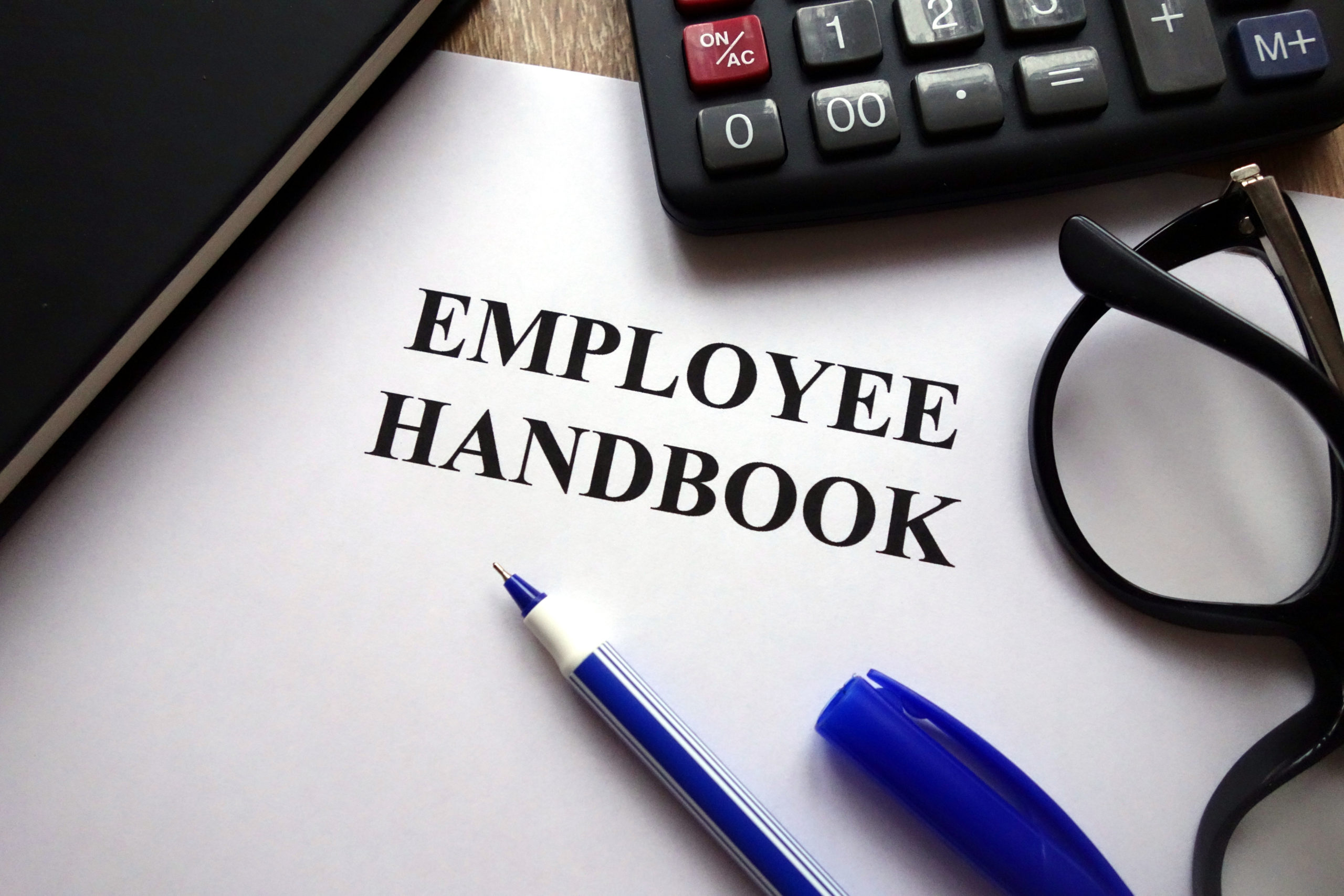California has a history of one-upping federal statutes. Such is the case when it comes to employment discrimination. As part of the historic Civil Rights Act of 1964, Title VII protects employees and job candidates against discrimination that is based on racial preferences.
Employers in California cannot refuse to hire a job candidate because of the applicant’s race or ethnicity. According to the California Fair Employment and Housing Act (FEHA), employers with at least five employees that discriminate against workers and job applicants face substantial penalties.
Here are the four classes that the FEHA protects:
- Employees
- Job candidates
- Contractors
- Unpaid volunteers
Types of Unlawful Racial Discrimination in California
Racial discrimination is defined as treating individuals differently because of their heritage, how they look, and/or where they were born.
FEHA makes it clear that California employers cannot do the following racially motivated acts:
- Refusing to hire
- Overlook a qualified employee to enter a company-sponsored training program
- Termination or suspension
- Paying an employee less money than another employee who has the same professional credentials and accomplishments
Race typically refers to someone’s physical characteristics, such as skin color, hair color, hairstyle, and facial features. The most common form of racial discrimination concerns skin color. Ethnicity involves describing cultural characteristics based on where an employee was born or the country where the employee’s ancestors lived. National origin strictly refers to an employee’s birthplace.
Signs of Racial Discrimination
Some forms of racial discrimination are subtle, while other forms are out in the open. Regardless of the way an employer discriminates, workers should understand the most common signs of racial discrimination in the workplace.
Although it is difficult to discern someone’s race by simply reviewing an application, a manager conducting with a job candidate might make certain assumptions based on a job candidate’s appearance. The assumptions can lead to questions that violate the intent of the FEHA. Racially charged questions during an interview not only violate the FEHA, but the questions can also indicate the potential for racial discrimination to spill over into the workplace given the job candidate receives an offer.
Any question about one or more of the following topics violate the FEHA:
- Lineage
- Spouse’s ancestry
- Parents’ ancestry
- Nationality
- Cultural background

Questions during the interview process represent more obvious signs of racial discrimination. More subtle signs of racial discrimination often happen in the workplace. A sudden change in the reviews of job performance is a subtle sign, especially if an employee has not changed anything in terms of performance. Sudden exclusion from events and meetings can be another sign of racial discrimination, as is a reduction in pay and/or hours worked per week.
Here are some other signs an employee should look for that pertain to racial discrimination:
- Less responsibility
- Only employees of certain races receive promotions
- Different rules for different races
- Segregation at work
- Retaliation for employees that associate with other races
- Racial or ethnic jokes
Suing an Employer in California for Racial Discrimination
An employee in California typically has to file a complaint with either the California Department of Fair Employment and Housing (DFEH) or the Equal Employment Opportunity Commission (EEOC) before filing a civil lawsuit for racial discrimination. However, you can ask for an immediate right to sue notice, which bypasses the investigative processes run by the EEOC and DFEH.
Going through the DFEH or EEOC is a good idea because both agencies can validate your claims, which should help you build a stronger case when the time comes to file a civil lawsuit against your employer. Most civil judges in California consider the investigations conducted by the EEOC and DFEH to be thorough and accurate.
Work with an Experienced Employment Attorney
According to the DFEH, bypassing the government investigation process should only occur on the advice of a California employment attorney. Your lawyer can get the green light by obtaining a right to sue notice, which allows your attorney to file your case in a California Superior Court, the county where you work, or another county that is relevant to your case. At any point during a civil trial for a racial discrimination claim, your attorney and the legal representation for your employer might decide to settle the claim out of court.
Most employment lawyers do not charge any upfront fees to take on a racial discrimination case. They work on a contingency fee basis that pays them when their clients get paid.





